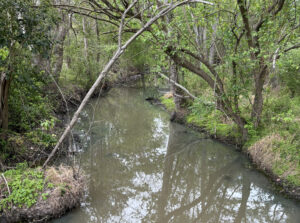News
State would allow Duke Energy to dump large amounts of arsenic into Neuse River daily
Posted on December 20th, 2016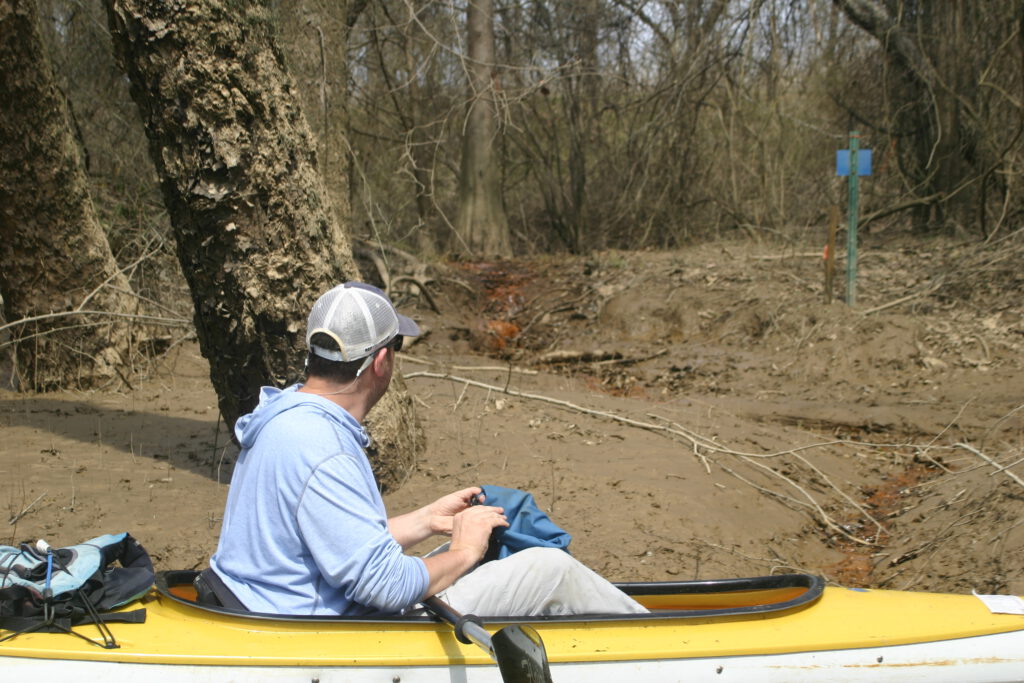
Public Hearing Comments from your Upper Neuse Riverkeeper- December 15, 2016
NC Dept of Environmental Quality Public Hearing – Duke Energy Wastewater permit for coal ash pits
Good evening, my name is Matthew Starr and I am your Upper Neuse Riverkeeper for Sound Rivers. We are 3000 member non-profit organization whose mission is to protect the waters of the Neuse and 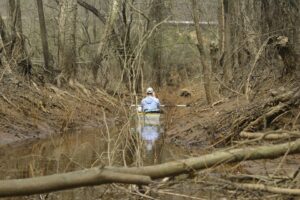 Tar-Pamlico Rivers.
Tar-Pamlico Rivers.
The draft permit before us today does not appear to be based on sound science and does not protect our water resources, of which hundreds of thousands rely on for drinking water and economic livelihood. In phase 3 of this permit Duke has asked DEQ to approve discharges from a coal ash landfill in the existing active pond which in on the banks of the Neuse. This landfill would be built in a floodplain, in a floodway, and surrounded by wetlands as mapped by FEMA and the EPA.
Not only would this permit pave the way for a coal ash landfill, but the draft permit would also allow Duke Energy to pollute the Neuse River with arsenic at over 2,000 times the surface water standard for water supplies and protection of human health, and unlimited amounts of other coal ash pollutants like lead, chromium, and mercury, when it pumps out the ash basins prior to removing the ash. This would be disastrous for the aquatic life in the River. Arsenic is known to be highly toxic to aquatic organisms, the basis of a food chain of which our recreational, subsistence and commercial fisherman rely on. The same is true for numerous other pollutants in Duke’s coal ash lagoons.
We know Duke has to pump the water out of the ash basin in order to remove the ash. But there is no reason to allow unlimited amounts of toxic coal ash pollutants in this permit. The permit says Duke will install a treatment system for its discharges. DEQ needs to hold Duke Energy accountable, by including enforceable limits on its discharges, not just rely on vague promises that the water will be treated.
By Duke’s own admission, the on-site landfill would be a disaster. In 2015, Duke cited “extensive science and engineering studies” which indicated full excavation of coal ash at the site was the best option for long-term, safe storage of the coal ash.
At the time, Duke said, “studies noted the possible risk of flooding at the plant site (reality after experience with Matthew), which makes excavation the best option for long-term safe storage of the material.” In another statement, Duke noted that “these facilities [referring to H. F. Lee, among others] … are not suitable locations for the material long-term.”
Thankfully this past Tuesday Duke stated in a press release that “: The majority of the 6 million tons of ash on the property will be safely reprocessed for use in concrete products by the current 2028 closure deadline. Any material left after recycling operations have ended will be relocated to a safe, permanent storage solution off-site. The company does not intend to construct a landfill onsite to store remaining material.”
With this new information Duke needs to confirm on the record tonight that it is requesting that DEQ remove any and all language from this permit about the landfill and the proposed discharge that would result from the landfill. Because until this language is removed from the permit Duke can say whatever they want and still move forward with building this disastrous landfill. It is essential for DEQ to protect the Neuse River and the surrounding community and not allow the dumping of over 59 pounds of arsenic into the Neuse River every single day.
Lastly since this permit appears to be so outside the scope of what is more likely to be reality, DEQ must amend the permit to remove references to the on-site landfill and add required limits for toxic pollutants when the lagoons are pumped out and then re-issue a draft permit with a new public notice and comment period. With the current draft permit the public can not accurately evaluate the impacts to the Neuse River and the public that uses the river until we know exactly what they are proposing for Effluent Limits, monitoring, and the fate of the coal ash.
Related News
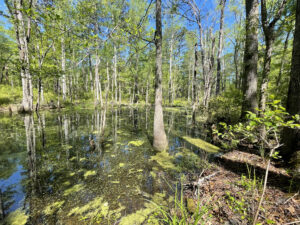
Tell NC to restore wetlands protections!
April 19th 2024
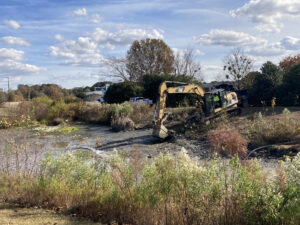
Position available: Stormwater Education Coordinator
April 18th 2024
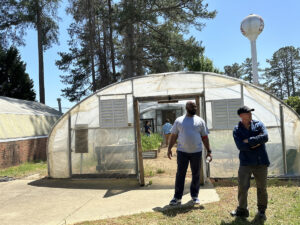
Southern Nash next in line for stormwater projects
April 18th 2024
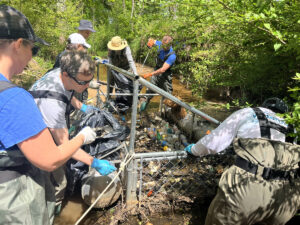
Xylem, Sound Rivers team up for cleanup
April 18th 2024
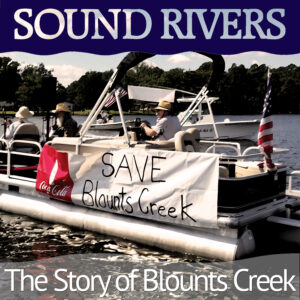
Sound Rivers launches new podcast
April 18th 2024
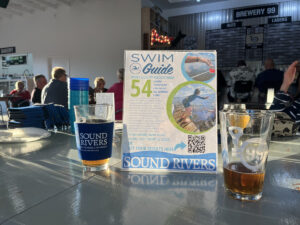
Swim Guide gearing up for a seventh season
April 11th 2024
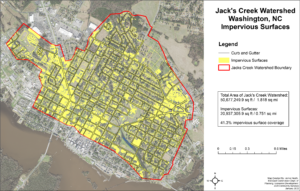
Feedback needed for Jack’s Creek plans, projects
April 11th 2024

Pamlico-Tar Riverkeeper talks water quality
April 11th 2024
